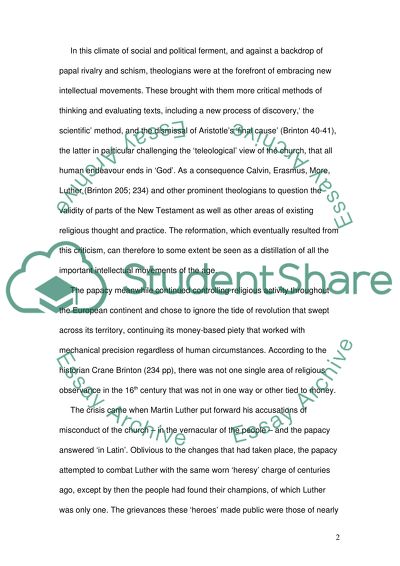Cite this document
(“Reformation A Vital Catalyst for Modernity Term Paper”, n.d.)
Retrieved from https://studentshare.org/history/1413896-reformation-a-vital-catalyst-for-modernity
Retrieved from https://studentshare.org/history/1413896-reformation-a-vital-catalyst-for-modernity
(Reformation A Vital Catalyst for Modernity Term Paper)
https://studentshare.org/history/1413896-reformation-a-vital-catalyst-for-modernity.
https://studentshare.org/history/1413896-reformation-a-vital-catalyst-for-modernity.
“Reformation A Vital Catalyst for Modernity Term Paper”, n.d. https://studentshare.org/history/1413896-reformation-a-vital-catalyst-for-modernity.


